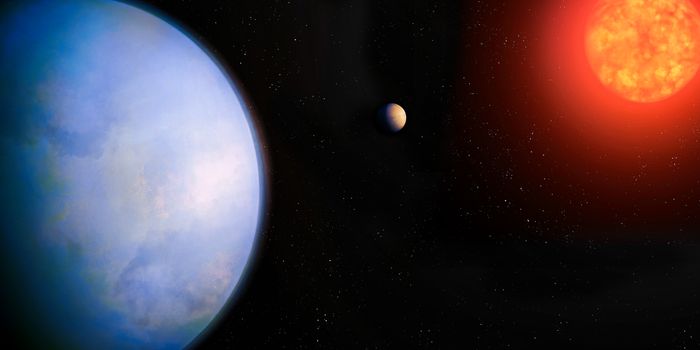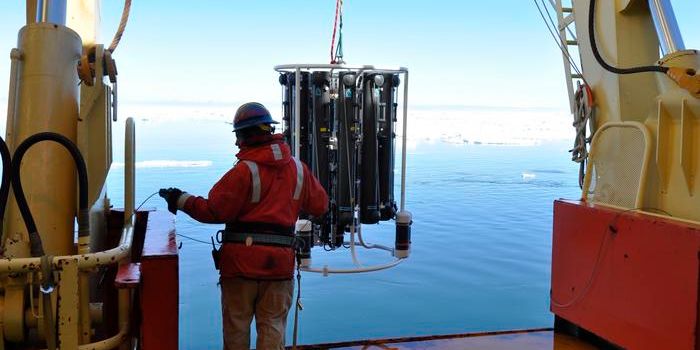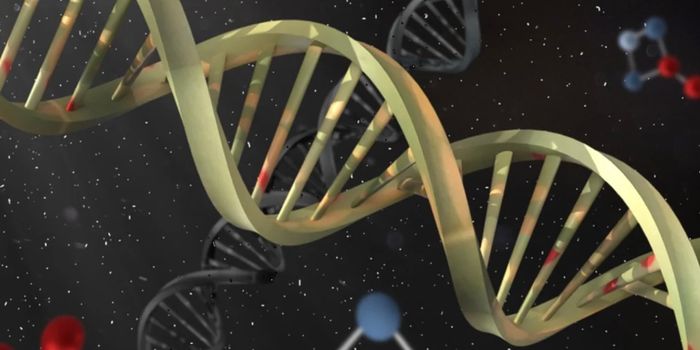Can we use electricity to clean up toxic wastewater?
Scientists from the School of Chemical and Biomolecular Engineering at the University of Sydney have figured out how to use electricity to clean up toxic wastewater. Or, more specifically, how to use a particular electrochemical oxidation process that they developed for this very purpose.
"Our study, published in Algal Research, involved industrial wastewater that had been heavily contaminated with a cocktail of organic and inorganic species during a biofuel production process," said Julia Ciarlini Jungers Soares, who is finishing her Ph.D. in Chemical and Biomolecular Engineering under the supervision of Dr. Alejandro Montoya.
The research focused on wastewater containing carbon, nitrogen, and phosphorus, a mix of chemical pollutants that are common in the production of biofuels. "We have employed an incredibly powerful process that eliminates even the most persistent non-biodegradable pollutants, such as pharmaceuticals and pesticides, as well as various classes of organic compounds that can be found in many industrial effluents," said Soares.
How does this process work?
The scientists essentially shock the wastewater with specialized electrodes that discharge electricity and trigger oxidation reactions that convert the organic contaminants into harmless gasses, ions, or minerals.
It’s not a complex process, says Soares. "The process is relatively simple, it does not require the addition of chemicals or severe operation conditions, and does not produce additional waste streams."
Because of its simplicity, the researchers think that their development could have significant implications for how we treat wastewater globally Soares explains:
"Wastewater is a significant issue for our environment, as well as for many industries who use substantial volumes of water in their processes, such as in reactions, transport, and washing and cooling. Finding suitable solutions for reuse or disposal is often very challenging and costly. The electrochemical method that we used can be readily applied to industries that must comply with strict regulations for wastewater disposal, such as pulp and paper processing, wineries, as well as pharmaceutical production facilities.”
The research team is interested in a specific niche of industry - biofuel wastewater- and plan to continue investigating the role that electrochemical oxidation can play. “Worldwide, researchers are investigating methods for the development of biofuels from algae. Developing alternatives for the treatment and reuse of this industrial effluent is a hot research topic and can bring opportunities for energy and resource recovery within a circular bio-economy framework," they comment.
Sources: Algal Research, Science Daily









